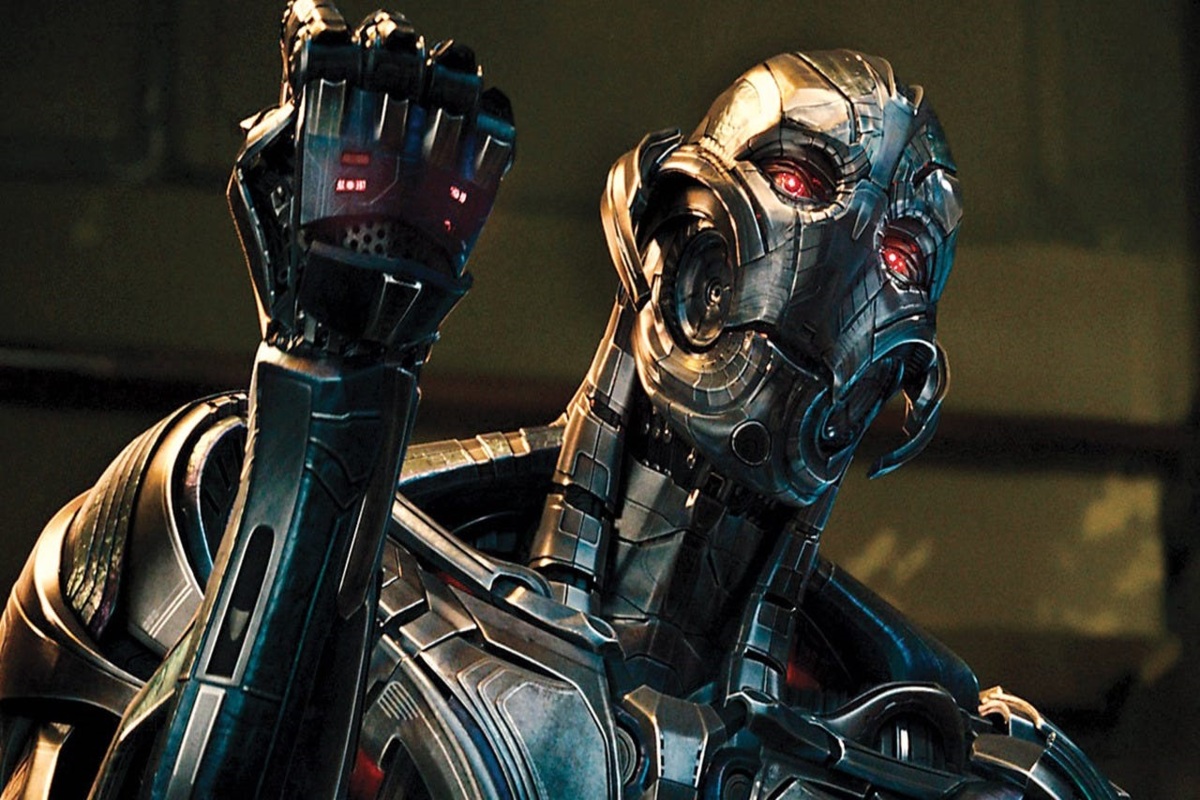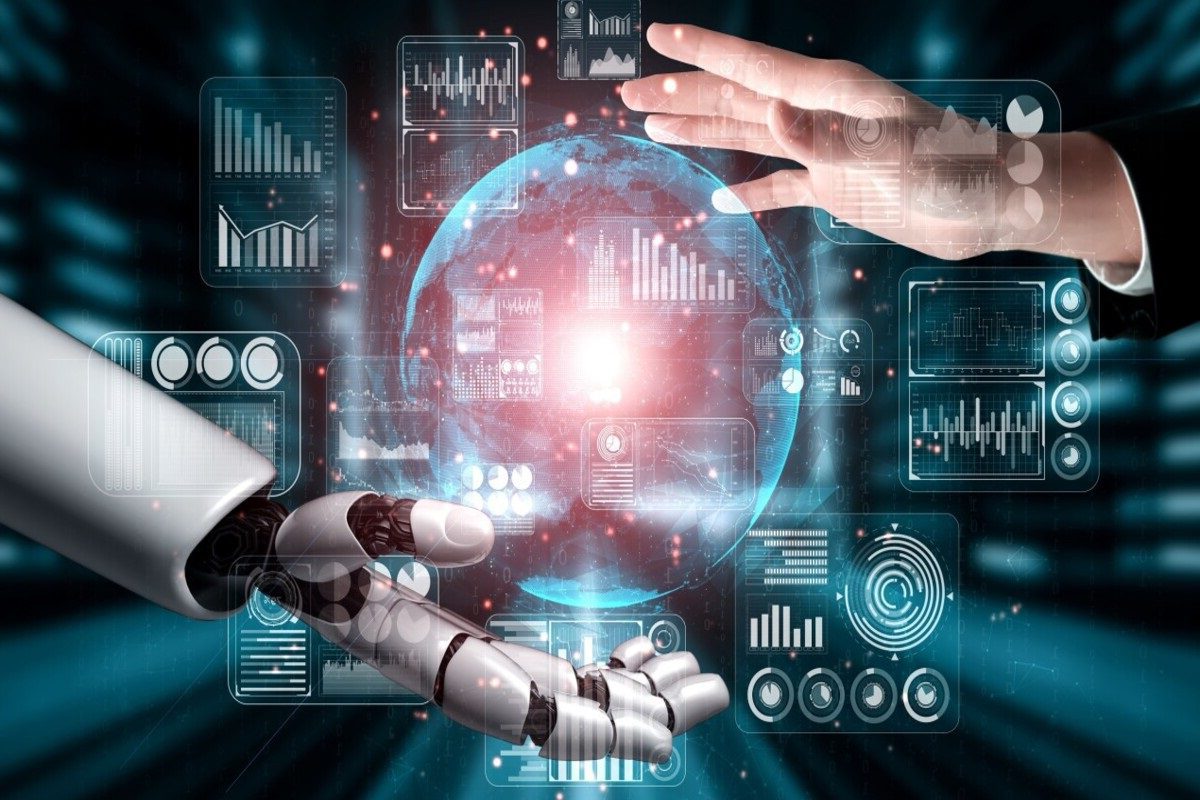AI in Hollywood: A startling dramatic reversal has occurred in Hollywood, where auteurs and performers collaborate to create utopian and dystopian AI scenarios. SAG-AFTRA and the Writers Guild of America, two of Hollywood’s biggest unions, arrive. Their strike is significant and reminiscent of the 1960s. People worry that digital consciousness may take over the trade as artificial intelligence advances.
The actual tale is being told behind the glitter. Reasoning and code-based AI could write the next great movie. Will ChatGPT neural thinking produce Shakespeare-like scripts? Could a robot give monologues, produce pathos, and outperform human actors?
“We will not give our craft to robots!” shouted Bryan Cranston as Walter White. Screenwriters, performers, and other celluloid guardians cherish dignity like a flame. Cranston shouted, “We will not give up control!” An emotional plea in the storm.
The Alliance of Motion Picture and Television Producers, whichincludes Hollywood’s greatest stars, wants “groundbreaking
protections” to make AI less creative. The intricate plot leads to aconclusion that confronts Hollywood’s golden elite and human
inventiveness.
Information Systems and Analytics prophet Haibing Lu predicts. “Adaptwe must, like cosmic voyagers navigating the uncharted,” which meanswe must change. “Together, ink and algorithm shall etch scripts anew,harmonizing silicon’s song with our art.”


READ MORE: Tobacco Road Golf Course: Troon Takes Helm at Unique Golf Course
An AI with ingenuity, grit, and old stories emerges from the fog. Textmakers like ChatGPT, the apprentices of innumerable books, enable new stories. Pixels dance together and shower colors chosen by an experienced ethereal hand.
“Think of a box, a genie’s chalice,” says stage wise woman Justine Bateman. “Tell me a story about pandas and galaxies.” “And lo, the box brings forth text: a charming story with echoes of times gone by.” “The box produces prose.”
Tales of Spectral Resurrections revives Peter Cushing in ancient worlds. Modern necromancy. AI can cast spells and etch celluloid thoughts into reality. Occultism has limits. AI is affected by computer power, information saved, and time.
The ghostly shriek of residuals interrupts the incantations. AI creators want quill taxes on digital writers. The morality of charging a photoreal simulacrum rattles the legal coliseum.
Drama continues. A digital wonderland unfolds. Reality and avatars blend here, as AI plays tunes that blur creation and innovation. Celluloid artists travel a hazardous path where inventiveness is encouraged but realism is feared.
Even though it’s growing light on this dramatic cliff, the ending isn’t written. AI as a prompt, oracle, or symphonist’s silent partner? Will silicon’s monologue make it a maker?
The lights go down, the audience is captivated, and humanity’s artistic performance with AI begins. Will artificial intelligence’s rhapsodies be filmed, or will humans continue to lead? Creation’s dance is a vast enigma that can only be solved over time.
Our Reader’s Queries
How is AI being used in Hollywood?
Film studios are employing AI for more effective movie promotion. By analyzing audience demographics and the popularity of actors worldwide, studios can tailor their advertising campaigns to specific locations where they anticipate the greatest interest from moviegoers.
Is AI going to replace actors?
AI’s progression is undeniable, but the notion of AI entirely substituting actors in entertainment still seems remote. The emotional complexity, genuineness, and subtle portrayals conveyed by actors are not easily mimicked by machines.
Which one Hollywood movie is based on artificial intelligence?
2000s saw the rise of artificial intelligence in popular culture with iconic names like Skynet, the Terminator, T-X from Terminator 3: Rise of the Machines and Agents, Sentinels from The Matrix Revolutions in 2003. In 2004, I, Robot introduced VIKI (Virtual Interactive Kinetic Intelligence) and Sonny as AI characters, while Team America: World Police featured I.N.T.E.L.L.I.G.E.N.C.E. and 17 more unique AI names.
When was AI first used in Hollywood?
In the 1927 film Metropolis, AI made its debut on the big screen before humans even uttered a word. The dystopian Utopia in the movie provided the perfect backdrop to showcase the terrifying potential of this new technology.

